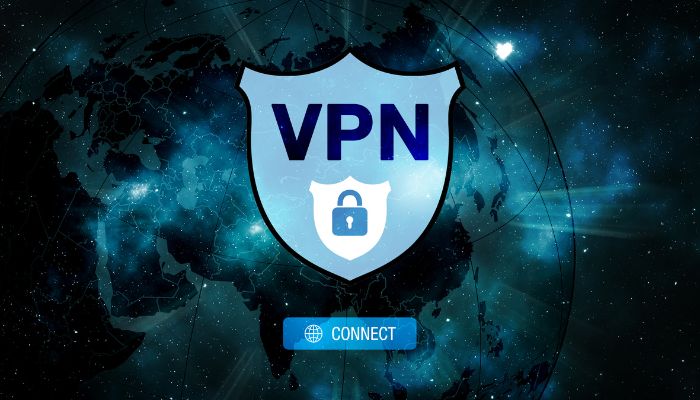
The Pakistan Telecommunication Authority (PTA) has unveiled a new licensing framework to localise Virtual Private Network (VPN) services in Pakistan.
This move follows the authority’s ongoing efforts to regulate VPNs. It recently resumed issuing Class Licenses for Data services, which VPN providers must acquire to operate legally within the country.
New licensing framework for VPNs
The new licensing framework will require local companies, bound by Pakistan’s laws and regulatory provisions, to provide proxy services.
The licensing framework is expected to tackle the issue of unregistered VPNs, as only VPNs provided by licensed companies will be allowed to operate, while all others will be considered unregistered and eventually blocked.
Additionally, this will enable PTA to monitor VPN traffic, addressing concerns over anonymity provided by proxy networks.
Moreover, with this new framework, PTA will have more control over companies, compared to the current situation where most VPN providers are foreign companies.
Notably, the idea of localised VPN service providers was initially proposed by the Pakistan Software Houses Association (P@SHA), a representative body of companies providing IT and IT-enabled services.
















